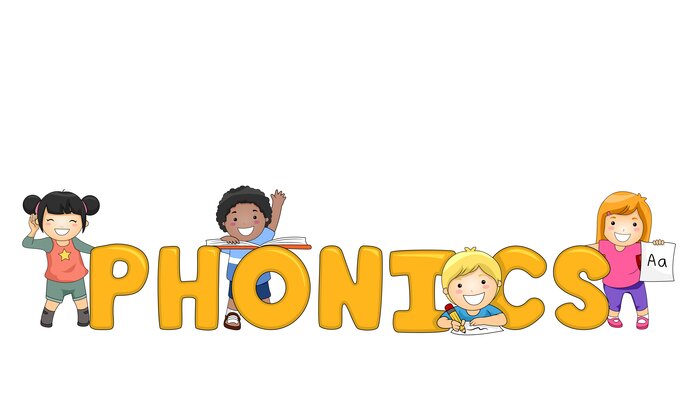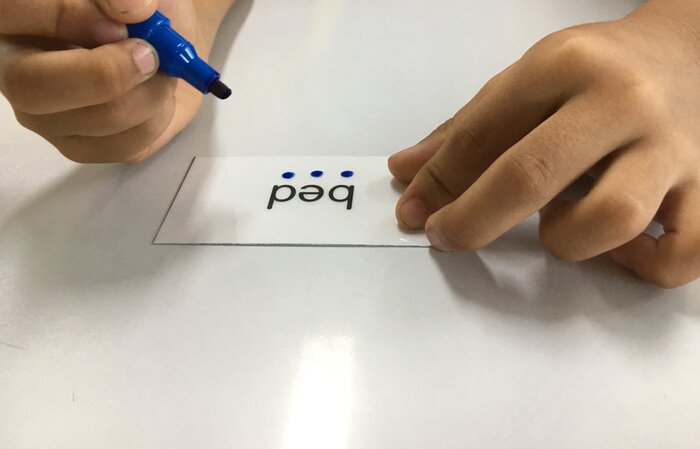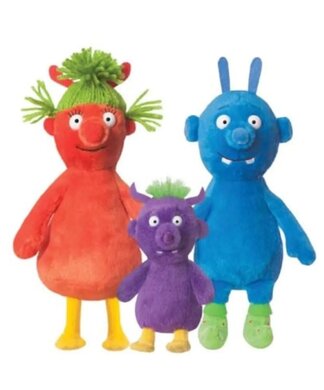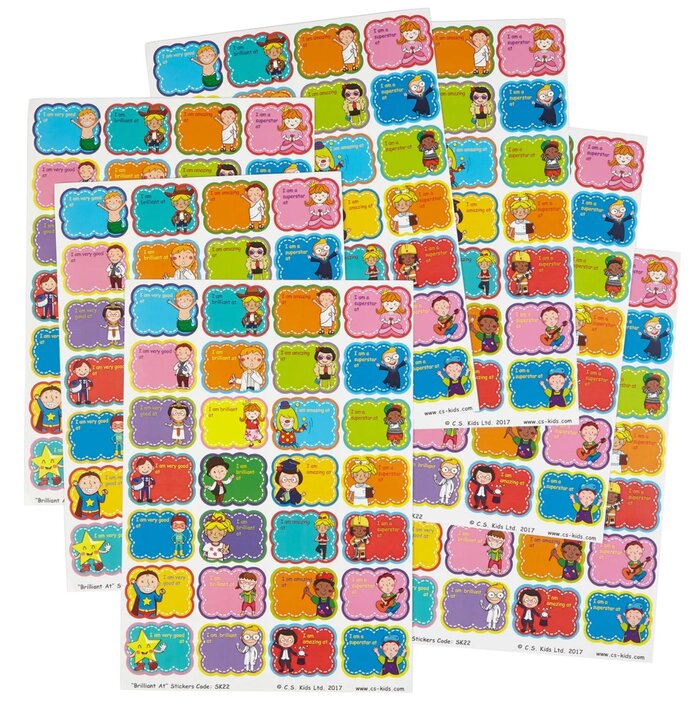
Articles
We aim to give food for thought as well as inspiring your creativity and
providing practical ideas you can’t wait to implement in your own settings!
Almost time for the Phonics Screening Check !

In the week beginning 10th June 2024, most children in Year 1 will be taking their phonics screening check. It will also be given to children in Year 2 who didn’t reach the required standard last year.
The check consists of a list of 40 words, and it is about using the phonics knowledge children have learnt in reception and year 1 to tackle the decoding element of reading. The results are reported to parents and the local authority, but they are not published in a league table.
We asked a few teachers who all agreed that the experience should not be in the least bit daunting for children. Here are their suggestions to make this check as positive as possible:
1. Ban the use of the word ‘test’ with both children and their parents.
The word has negative connotations and there’s no need to make children feel they are being tested in any way.
2. Make sure you have done at least one practice check under the same conditions so that the children won’t be surprised at possibly leaving the classroom to read a list of words rather than their usual books.
3. Ensure the children know the teacher sitting with them well. Some children will feel uncomfortable with someone they don’t know very well or have never read with. (DfE guidance says Teaching Assistants should not administer the check unless they are trained in phonics and have experience delivering phonics lessons.)

4. Consider where you are going to sit. Somewhere ‘cosy’ and familiar to the children is ideal. It will help if children are not distracted by too much noise or by people walking past.
5. Don’t dive straight in; have a chat to the child first to make sure they are comfortable.
6. Children might enjoy having a mascot with them. This could be a familiar puppet or class toy. Children can then read the words to the toy, or simply have it there as a confidence boost. You might choose an alien toy to remind children that when they see the picture of an alien next to a word, that word is not real. They might read those ones to the alien.
7. Some children might find it difficult to concentrate or more easily experience fatigue. If this is the case, rest breaks can be given whenever they are needed; the check just needs to be completed on the same day.
8. Children may use sound buttons if this helps them decode more easily. They must mark them on the graphemes for themselves. Make sure you have a pen handy just in case!

9. You might give each child a special sticker once they have completed the check.
For the past few years, the threshold score for passing the screening check has been 32 out of 40. This can be a difficult bar for some children, especially if they have a special need or are simply very young in the year. Reassure parents/carers that this is just one of the ways to measure reading ability and that children progress at very different rates. The most important thing is that children enjoy their reading experience and want to read. If this is the case, they are bound to succeed even if it takes a little longer.


